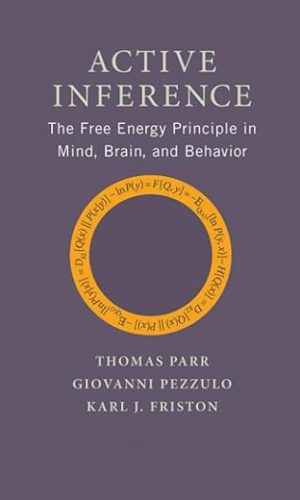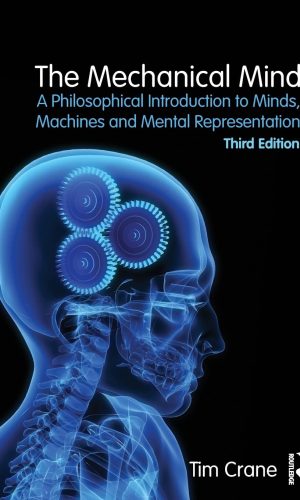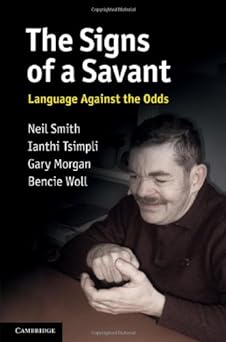Cognition & Cognitive Psychology
-
Active Inference – 2022 Edition: The Free Energy Principle in Mind, Brain, and Behavior – 2022, Paperback Edition
Active Inference: The Free Energy Principle in Mind, Brain, and BehaviorRead more
£15.30 -
The Mechanical Mind: A Philosophical Introduction to Minds, Machines and Mental Representation
How can the human mind represent the external world? What is thought, and can it be studied scientifically? Should we think of the mind as a kind of machine? Is the mind a computer? Can a computer think? Tim Crane sets out to answer these questions and more in a lively and straightforward way, presuming no prior knowledge of philosophy or related disciplines.
Since its first publication, The Mechanical Mind has introduced thousands of people to some of the most important ideas in contemporary philosophy of mind. Crane explains the fundamental ideas that cut across philosophy of mind, artificial intelligence and cognitive science: what the mind–body problem is; what a computer is and how it works; what thoughts are and how computers and minds might have them. He examines different theories of the mind from dualist to eliminativist, and questions whether there can be thought without language and whether the mind is subject to the same causal laws as natural phenomena. The result is a fascinating exploration of the theories and arguments surrounding the notions of thought and representation.
This third edition has been fully revised and updated, and includes a wholly new chapter on externalism about mental content and the extended and embodied mind. There is a stronger emphasis on the environmental and bodily context in which thought occurs. Many chapters have been reorganised to make the reader’s passage through the book easier. The book now contains a much more detailed guide to further reading, and the chronology and the glossary of technical terms have also been updated.
The Mechanical Mind is accessible to anyone interested in the mechanisms of our minds, and essential reading for those studying philosophy of mind, philosophy of psychology, or cognitive psychology.
Read more
£30.50£34.20 -
The Signs of a Savant: Language Against the Odds
Every once in a while nature gives us insight into the human condition by providing us with a unique case whose special properties illuminate the species as a whole. Christopher is such an example. Despite disabilities which mean that everyday tasks are burdensome chores, Christopher is a linguistic wonder who can read, write, speak, understand and translate more than twenty languages. On some tests he shows a severely low IQ, hinting at ineducability, yet his English language ability indicates an IQ in excess of 120 (a level more than sufficient to enter university). Christopher is a savant, someone with an island of startling talent in a sea of inability. This book documents his learning of British Sign Language, casting light on the modularity of cognition, the modality neutrality of the language faculty, the structure of memory, the grammar of signed language and the nature of the human mind.Read more
£28.00



